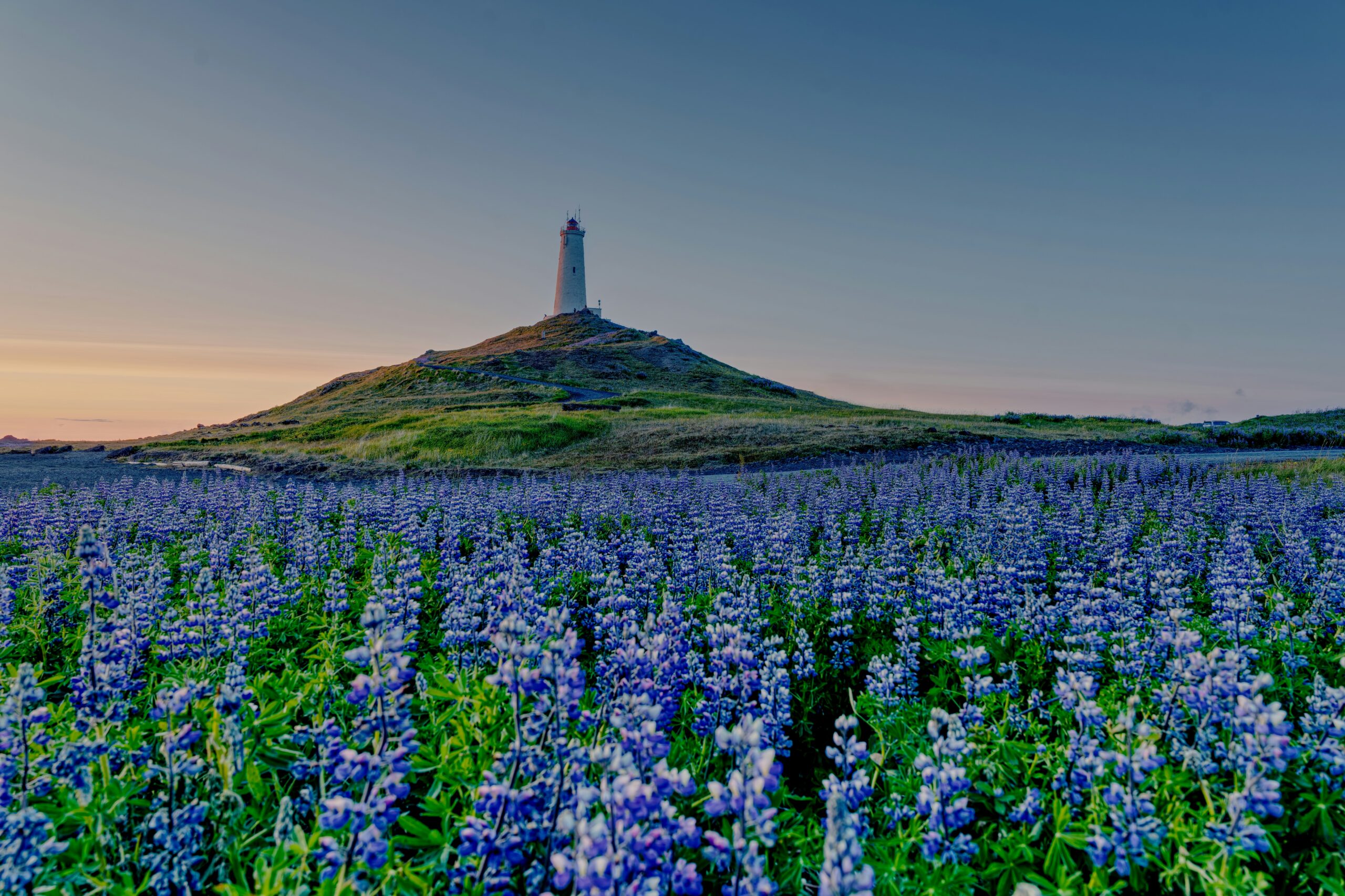As generative AI transforms music creation, songwriters are asking new questions about ownership, copyright, and legal use of AI-generated covers—especially for their own songs. Here’s the key legal guidance as of 2025, including the crucial difference between sound recording and composition rights:
Table of Contents
You Still Own the Composition
If you wrote the original melody, lyrics, and song, you retain full copyright and control over the composition itself. Using AI to arrange, re-record, or cover your song does not strip you of your core songwriting rights—they remain protected by law.
Ownership and Copyright of the Sound Recording
Because music has two types of copyrights:
- The Composition: The song’s tune, harmony, lyrics, etc.
- The Sound Recording: Each specific recording/production/arrangement.
The rules are clear:
- If you use AI as a creative tool—by inputting your own lyrics, directing arrangements, singing, playing, or making substantial edits—you can claim copyright over the new sound recording. You are then the “author” of this specific version and can license or monetize it accordingly.
- If you use AI purely in a generative, hands-off way (e.g., “make a jazz version of my song” and immediately release what comes out), you own no copyright in the recording—but you do still own the composition. The recording falls into the public domain, but the underlying song remains protected.
Monetization & Distribution—And the Critical Role of the Composition
- Because you own your composition, you don’t need anyone else’s permission or a license to distribute your own song, no matter how it was recorded.
- However: If the sound recording is “public domain” (unprotected)—whether because it’s old or 100% AI-generated—others can upload, share, or use the actual recording itself. But if they distribute, stream, or sell the recording, and the composition is still protected, they must obtain a mechanical license from you (or your publisher) in nearly all countries. Failure to do so is copyright infringement of the composition—even if the sound recording has no protection.
- The sound recording’s status does not affect the requirement to get a license (and pay mechanical royalties) for the song if it’s not public domain.
Best Practices to Protect Your Rights
- Be involved: Guide the AI—edit, arrange, sing, or play, so you can claim author status over the recording.
- Document your creative process: Keep notes or session files that show your specific human contributions.
- Label honestly: Be transparent if the arrangement/performance is AI-assisted, but claim authorship if you were hands-on.
Example Scenarios
| Scenario | Own composition? | Own AI cover (recording)? | Monetizable/Copyrightable? | Licensing required for others? |
|---|---|---|---|---|
| Human-performed cover | Yes | Yes | Yes | Yes (if others distribute/cover it) |
| Human-guided AI cover | Yes | Yes (with enough input) | Yes (with meaningful authorship) | Yes (for composition/license needed) |
| Pure AI (no human input) | Yes | No (public domain) | No (cannot protect recording) | YES—mechanical license required |
Bottom Line for Songwriters Using AI
- If you create an AI-powered new cover of your own song, actual human involvement in the process means you retain copyright and can monetize both the composition and the recording.
- If you generate a “hands-off AI” version, anyone could use or repost the unprotected recording—but your underlying song remains protected. However, anyone distributing or monetizing that sound recording must still get your permission (a mechanical license) and pay you the required royalties for the composition.
- Distributing or selling any recording—no matter the copyright status of the audio—without a license for an underlying protected song is infringement. This is why platforms, labels, or artists always need a mechanical license for newly released covers, even of “public domain” (unprotected) recordings.
Summary:
- Use AI as an assistant, not a replacement, for the strongest protection and monetization potential.
- Document your creative process to prove human authorship in any sound recording.
- Remember: Even public domain or unprotected recordings cannot be legally monetized, distributed, or used in commerce by others without a proper license for the song if you still own the composition.
This framework reflects current U.S. Copyright Office and global best practices as of 2025, balancing new AI possibilities with classic music copyright law.
If you want your new AI-enhanced version of your own song to be safe, protected, and monetizable: stay creatively involved, document your authorship, and you’ll retain full control over both the song and the recording. If others distribute your work, mechanical licenses and royalties still apply!

Comment